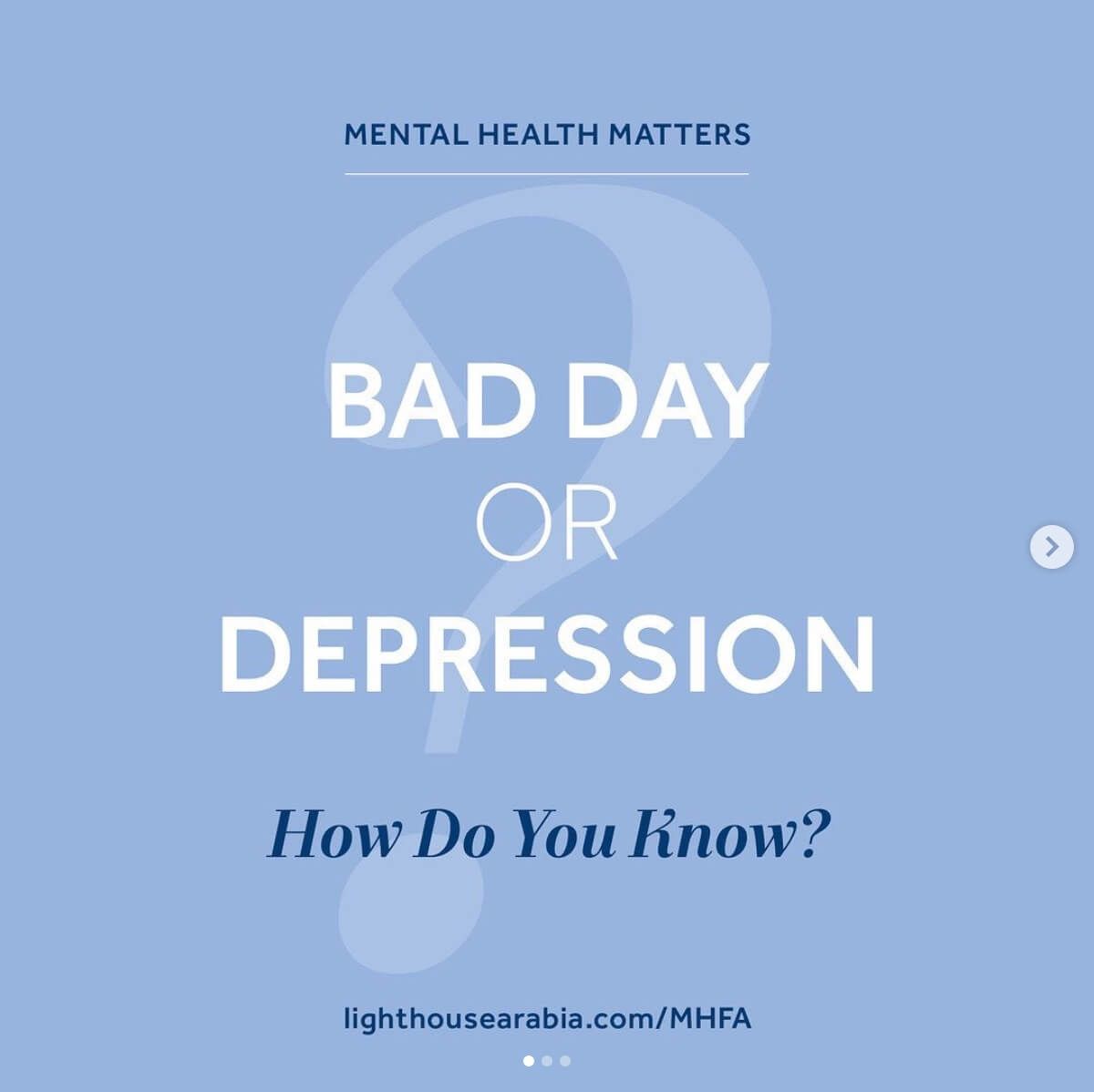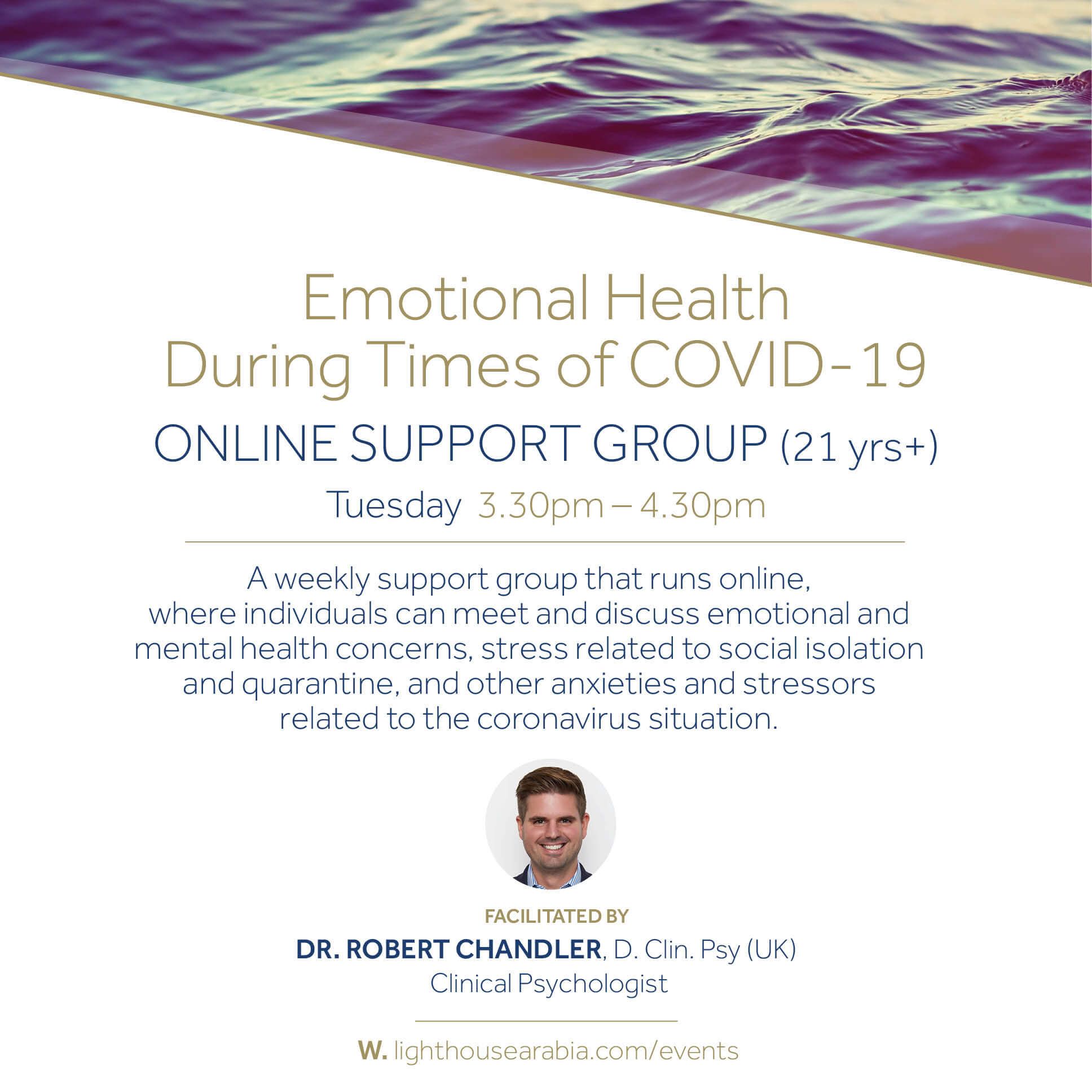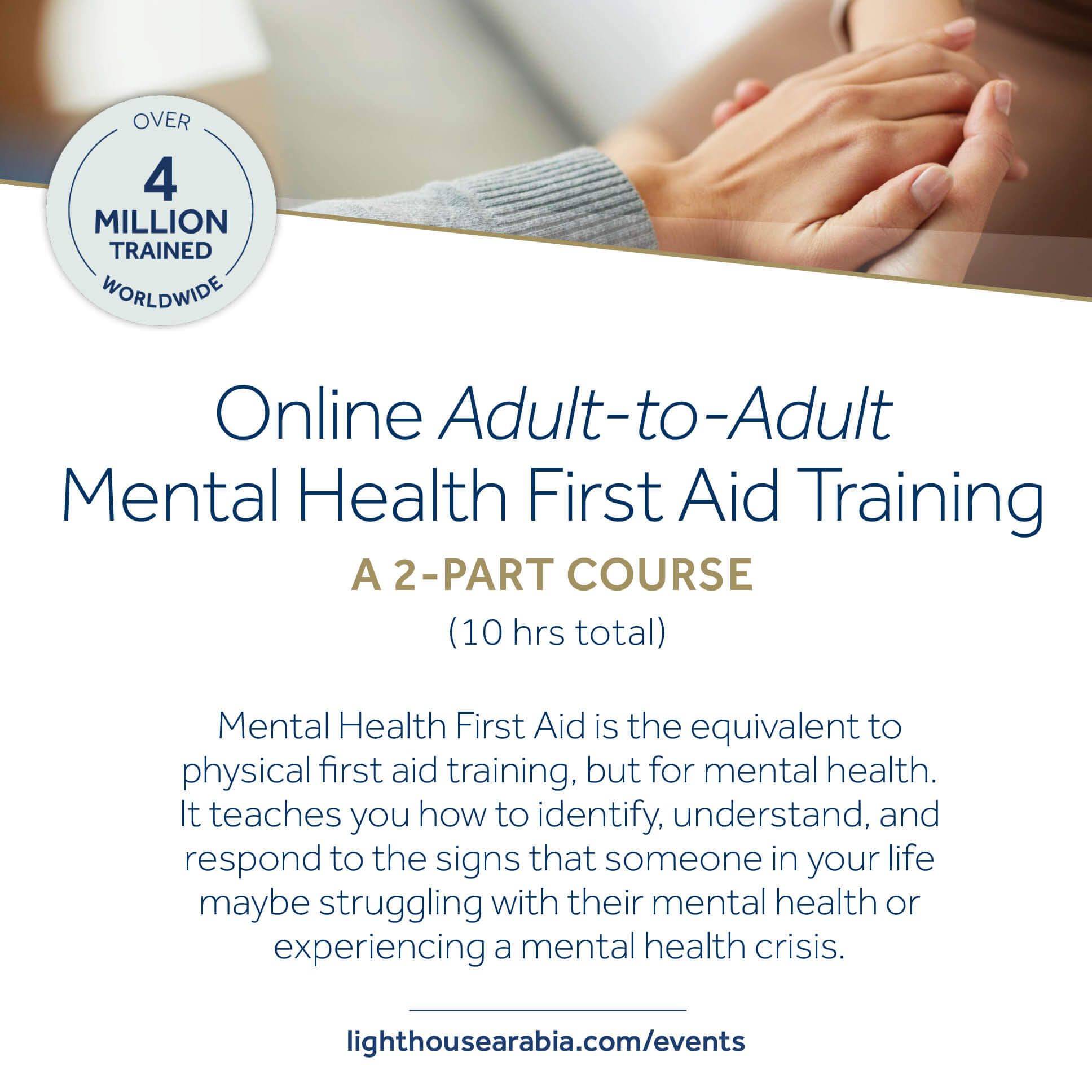
Observing the fast during the Holy Month of Ramadan holds exceptional spiritual significance for the Muslim community. Research over the last ten years suggests that, likely because of the spiritual commitment, the shift in daily habits, and heightened present-centeredness, fasting can lead to sharpened alertness, increased energy, and improved mood in healthy participants. It may also lessen symptoms of depression and anxiety. Nonetheless, it is critical to carefully consider certain factors when starting or adjusting medical treatments, particularly for those pertaining to mental health.
Who is exempt from fasting, and why?
Certain individuals are not required to fast, in order to safeguard their health and wellbeing. This exemption applies to children and women who are on their menstrual cycle, pregnant, or nursing. Additionally, people who might experience deteriorating health due to fasting, such as the elderly, individuals suffering from chronic illness, or those with mental health conditions, are also excused. Those in these categories are encouraged to seek guidance from both healthcare providers and religious authorities. This ensures they receive informed advice tailored to their personal health needs and religious obligations, helping them make the best decision about their participation in fasting.
The link between fasting, sleep and mood disorders
Fasting, particularly during Ramadan, can induce significant changes in eating and sleeping habits,potentially impacting one’s circadian rhythm and disrupt regular sleep cycles. The alteration in sleep architecture, in particular REM sleep, could contribute to the emergence or exacerbation of mood disorders. People with a history of mood disorders, such as depression or bipolar disorder, may be particularly susceptible to such changes.
It is important for those observing the fast and who have a history of mood disorders to be aware of these potential changes and plan accordingly. Strategies might include maintaining a consistent sleep schedule as much as possible, ensuring adequate sleep, and seeking professional guidance when needed.
The importance of medication assessment by your psychiatrist during Ramadan
The significant alterations in eating and sleeping patterns during Ramadan, might affect the efficacy of medications. Engaging with a psychiatrist to assess and potentially adjust medication regimens is essential to maintaining wellbeing during Ramadan. Patients should never change or stop their medication without professional advice. This proactive approach can help ensure a safe and healthy fasting experience.
How to stay on course with your prescribed medication treatment during Ramadan
Staying on course with your medication treatment during Ramadan requires planning and communication with your healthcare provider. Here are a few guidelines:
- Consult with your psychiatrist early: Talk to your psychiatrist before Ramadan starts to discuss your medication schedule and the possibility of adjusting it without compromising your treatment. Be open about your fasting requirements and any concerns you may have.
- Consider medication timing changes: Your psychiatrist might suggest adjusting timings to suit fasting hours, like taking medication at Suhoor (pre-dawn meal) and Iftar (meal after sunset) instead of the usual morning and evening schedule.
- Explore long-acting formulations: If you take medication multiple times a day, your psychiatrist might be able to prescribe a long-acting formulation that only requires once-a-day dosing.
- Monitor your condition: Keep a close eye on how you’re feeling throughout Ramadan. Any changes in your condition should be reported to your psychiatrist immediately.
- Stick to prescribed treatments: Studies have found that medication adherence may actually improve during Ramadan. Use this month as an opportunity to establish a strong medication routine, even with the changes.
- Educate yourself: Read up on your medication and understand why it’s important to keep taking it. Knowing the consequences of missing doses can motivate you to adhere to your treatment.
- Plan for other activities: Spiritual activities during Ramadan can also play a role in your wellbeing. Incorporate them mindfully to complement your medication treatment.
We are currently taking psychiatry appointments. To make an appointment or if you are experiencing an emergency, please contact us on T. (0)4 380 2088 from Monday – Friday, 8am – 8pm and Sunday, 9am - 6pm. We are closed on Saturday. Outside of working hours, if the nature of the emergency is so severe that you may find yourself being at high risk you should be admitted to Al Amal hospital.








